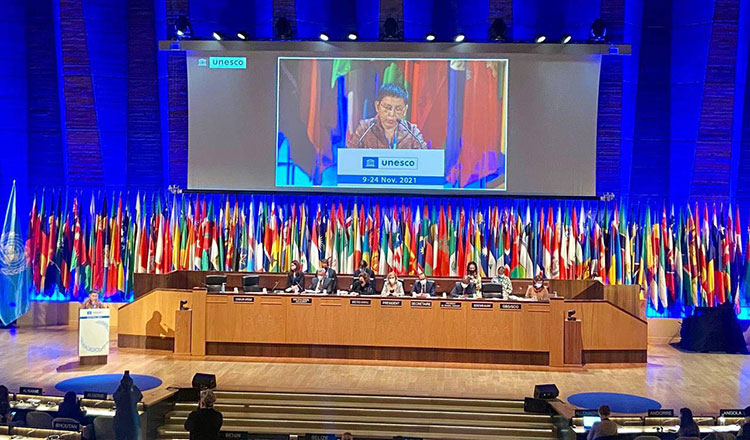2022 is the year that the APSARA National Authority celebrates the 30th anniversary of the inscription of Angkor into the UNESCO World Heritage List. During the 30 years of protection, conservation, and management of the Angkor site, despite facing difficulties, the APSARA National Authority has reached historical milestones. Among the most notable achievements was the decision officially proclaimed by the World Heritage Committee in 2004 that Angkor was no longer in danger. The decision of the World Heritage Committee is a testimony to the effective cooperation between the APSARA National Authority and its international partners that all the temples in the Angkor site are well preserved.
At the same time, APSARA National Authority was able to maintain the practice of traditional beliefs of the local people in Angkor, which is an important element of the intangible values of the Angkor site. The restoration of the Angkor Hydraulic Network also contributed significantly to enhancing the outstanding universal value of Angkor, especially the re-emergence of the Angkorian cultural landscape in the 21st century.
In addition, APSARA National Authority has rehabilitated many infrastructures as part of its contribution to socio-economic development through tourism. On this note, I would like to reiterate that Angkor is a must-visit tourist destination in the Kingdom of Cambodia and also a major tourist destination in Southeast Asia.
The future vision of the APSARA Authority would be to ensure its excellence by promoting institutional professional capacity, aiming to achieve the sustainability of Cambodians restoring the temples of Khmer ancestors. In addition, the APSARA National Authority also has the inspiration to become a training hub for the next generation on conservation and management of the heritage.







